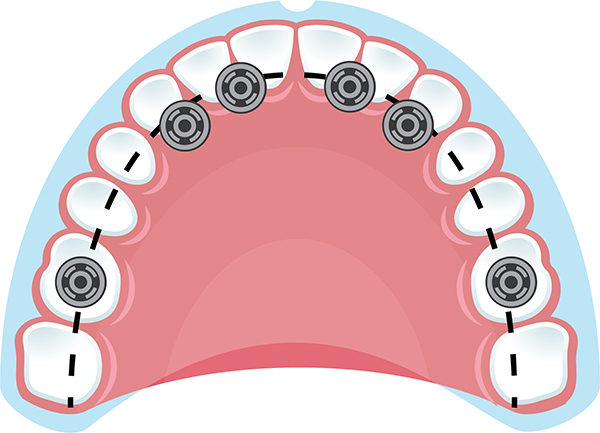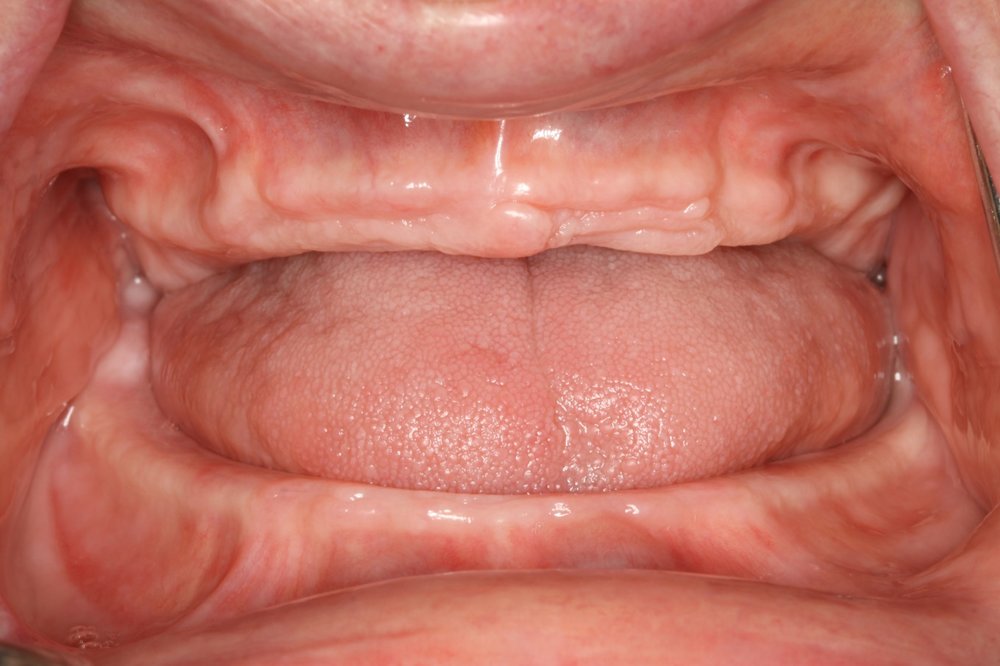In This Article
Introduction:
This is David and I am a dental implant educator at Chicago Implant Studio. One of the things that our patients are curious about at their dental implant consultation session is “What Factors affect dental implant success rate?”
When Factors affect dental implant success rate comes to dental implants, success rates play a crucial role in determining their long-term effectiveness. Dental implant procedures have become increasingly popular due to their ability to restore natural-looking smiles and provide functional teeth replacements. However, several factors can influence the success rate of dental implants. In this article, we will explore these factors and shed light on how they impact the overall outcome of implant treatments.
Jawbone Density and Quality:
One of the primary factors that contribute to dental implant success is the density and quality of the jawbone. Sufficient bone volume is necessary to support the implant and facilitate osseointegration—the process of fusing the implant with the jawbone. A thorough examination and evaluation of the jawbone by a dental professional can help determine if additional procedures like bone grafting or sinus lifts are needed to enhance implant success.
Oral Health and Hygiene:
Maintaining excellent oral health is crucial for dental implant success. Periodontal diseases such as gum inflammation or infection can negatively impact the integration of implants. Regular brushing, flossing, and routine dental check-ups are vital to prevent the onset of any oral health issues. A healthy oral environment greatly increases the chances of implant success and longevity.
Smoking and Tobacco Use:
Smoking and tobacco use significantly affect the success rate of dental implants. These habits impair blood flow, compromise the body’s ability to heal, and weaken the bone structure. Studies have shown that smokers have a higher risk of implant failure compared to non-smokers. Quitting smoking before undergoing implant surgery can greatly enhance the chances of a successful outcome.
Systemic Health Conditions:
Certain systemic health conditions can impact the success rate of dental implants. Conditions such as uncontrolled diabetes, autoimmune disorders, or poor immune function can hinder the body’s ability to heal and integrate the implant. It is essential to disclose your complete medical history to the dental professional, enabling them to tailor the treatment plan accordingly and mitigate potential risks.
Surgical Technique and Experience:
The skill and experience of the dental implant surgeon play a vital role in the success of the procedure. Choosing a qualified and experienced implant specialist increases the likelihood of precise implant placement and proper alignment, leading to better long-term results. It is recommended to seek referrals, review patient testimonials, and conduct thorough research when selecting a dental professional for implant surgery.
Implant Material and Design:
The type and quality of the implant materials used also impact the success rate. Titanium implants, known for their biocompatibility, are widely used due to their ability to fuse with the jawbone effectively. Additionally, advancements in implant design, such as surface modifications, have improved the implant’s stability and success rates over time.
Maintenance and Follow-up Care:
Regular post-implant maintenance and follow-up care are crucial for the long-term success of dental implants. This includes routine dental visits, professional cleanings, and periodic evaluations of the implant’s stability and surrounding oral tissues. Adhering to the dentist’s instructions and maintaining good oral hygiene practices will help maximize the lifespan of the implant.
Conclusion:
Understanding the factors that influence the success rate of dental implants is essential for both patients and dental professionals. Jawbone density, oral health, smoking habits, systemic health conditions, surgical technique, implant materials, and follow-up care all contribute to the overall outcome of the implant procedure. By prioritizing these factors and working closely with a skilled dental team, patients can greatly increase their chances of achieving successful and long-lasting dental implant results.
Schedule a Free Consultation Today
From single and multiple tooth to full jaw All-on-4 dental implants, Chicago Implant Studio helps patients of all ages enjoy eating, gain their confidence, and smile again. Find out how dental implants can improve your life and overall health . Schedule a free consultation online today or call us at (331) 257-7999.






